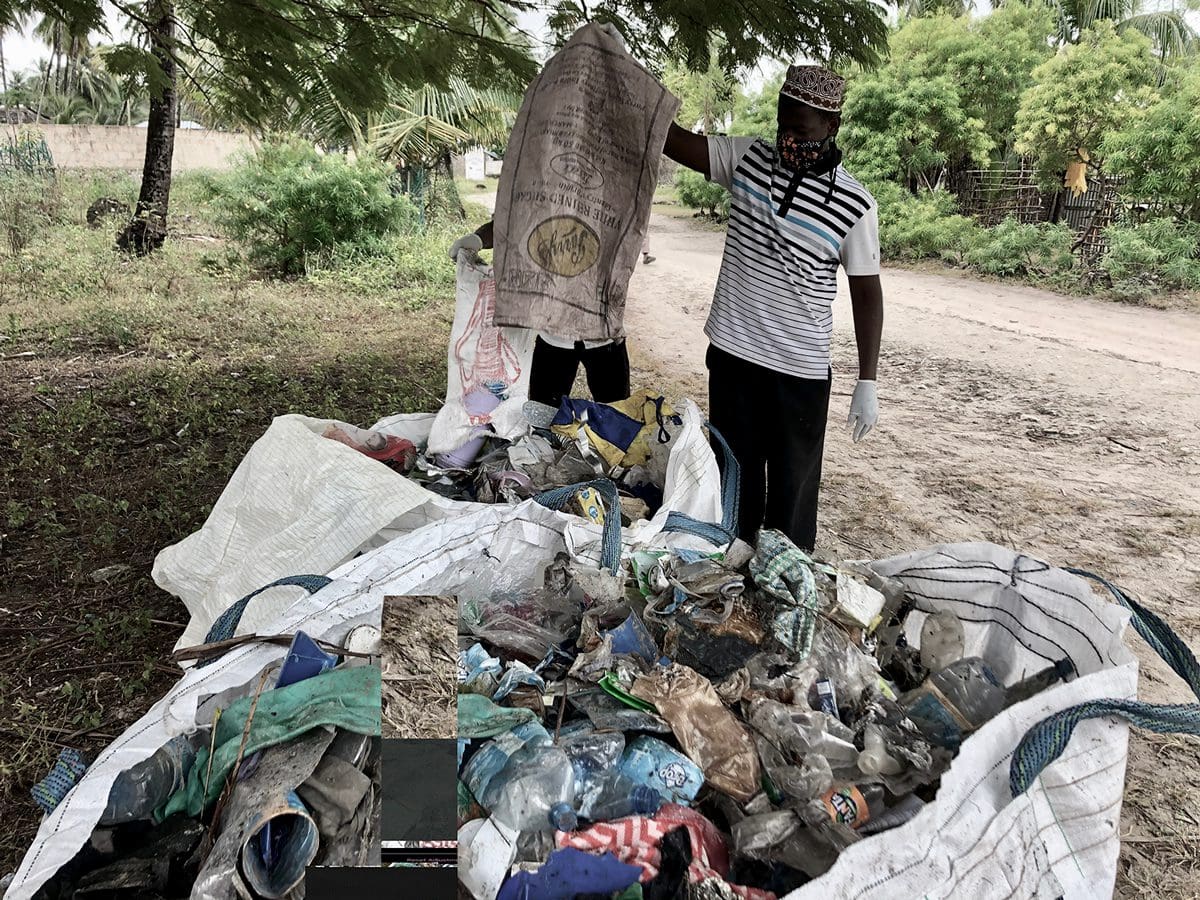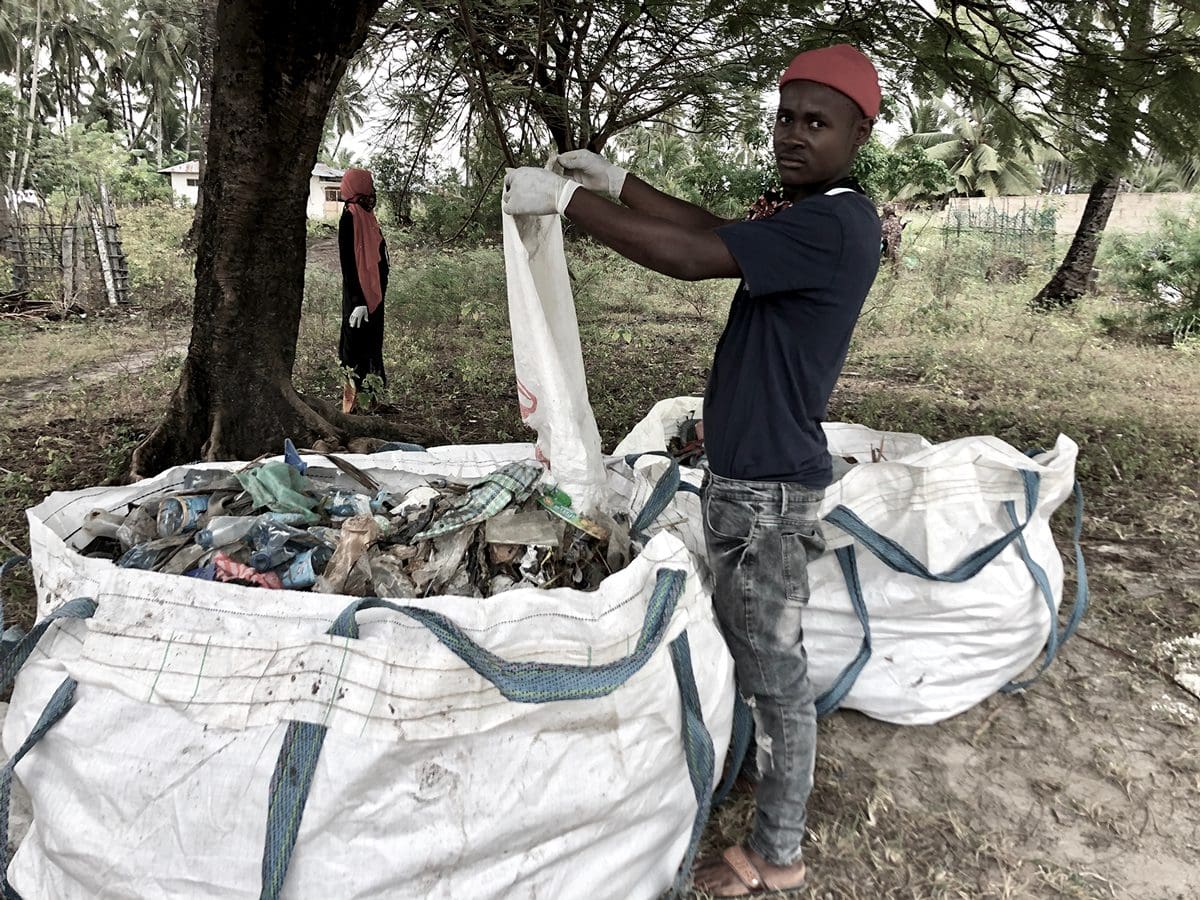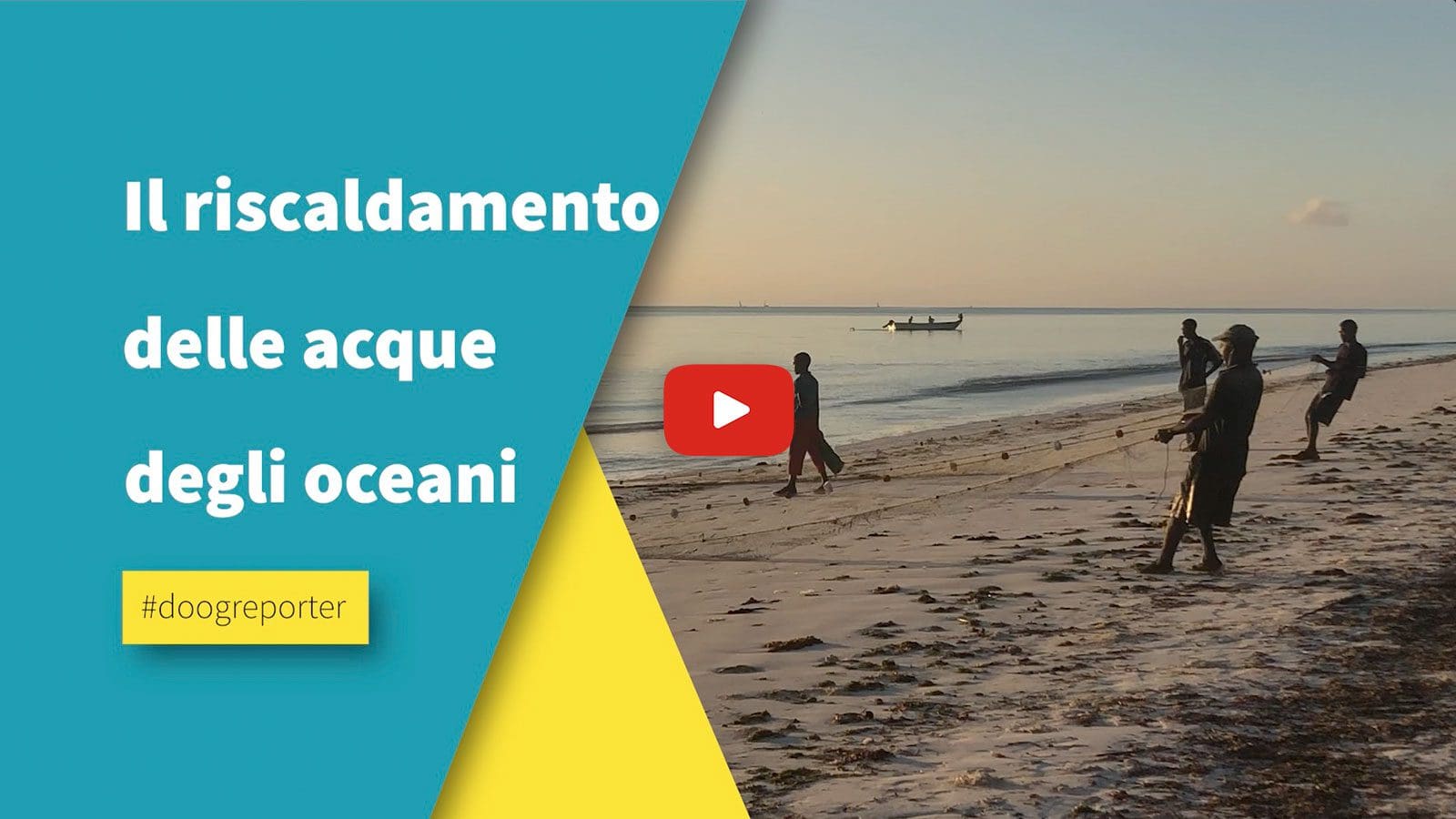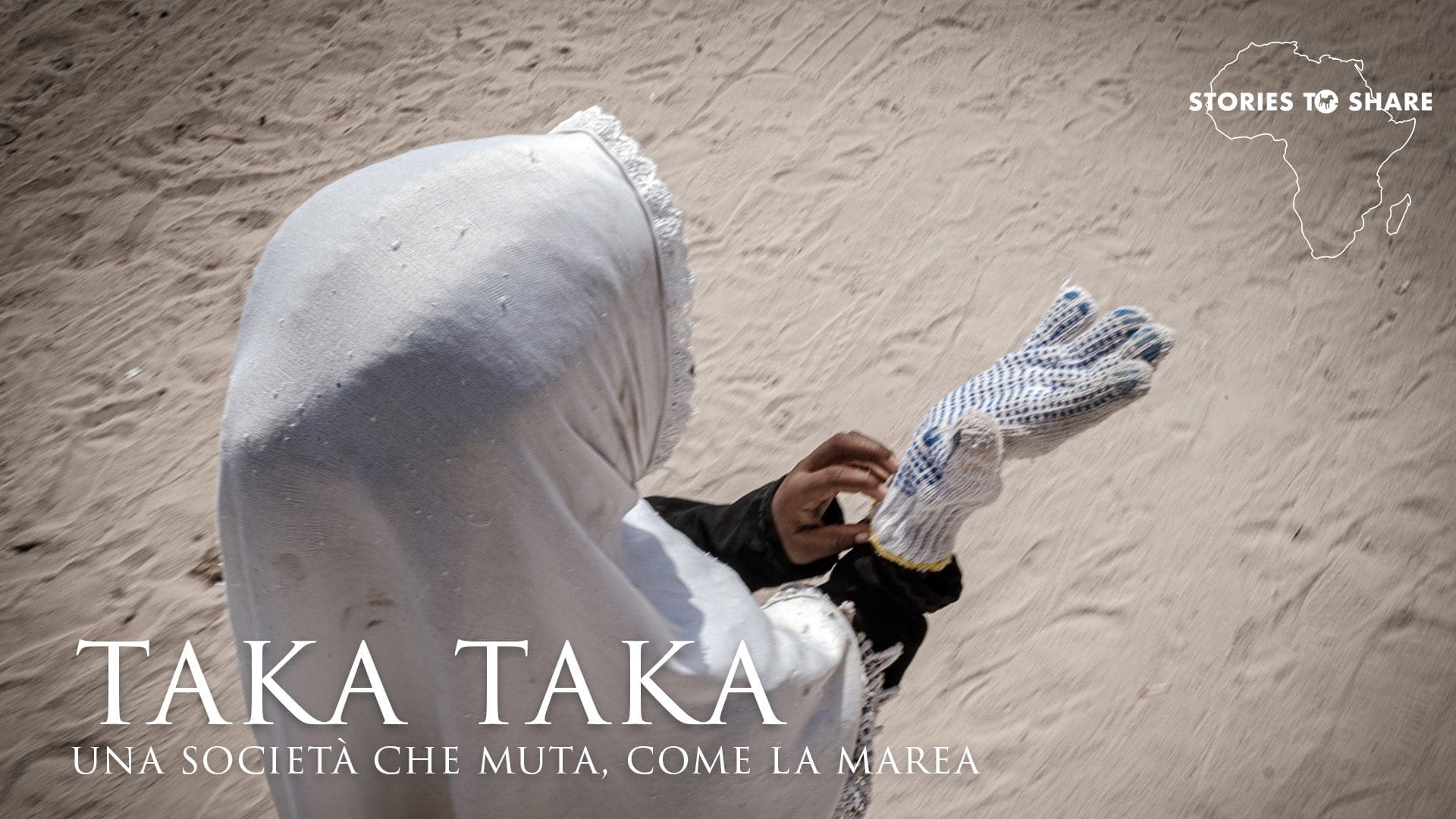Zanzibar is one of the world’s best-known tourist destinations.
With its beaches as white as the triangular sails of dhows–typical local boats–the turquoise waters and expanses of mangroves, Zanzibar in the common imagination of a part of the world looks just like this: a paradise where you can forget yourself for a few days. However, in Unguja, the largest and most populated island of the archipelago, some of the most important challenges that progress brings are taking place. Climate change and plastic pollution are changing not only the environment but also the local economy.
The rising temperature of the Indian Ocean, for example, is leading to a rapid decline in one of the primary sources of livelihood for island women: seaweed harvesting. Rising tide levels, increased variability of rainfall, increased extreme events such as droughts, floods and storms, coastal erosion, and the loss of entire ecosystems are making life on this island increasingly vulnerable.
And even though the Tanzanian government wants to ban disposable plastic in 2019, pollution, unfortunately, remains an open issue. Zanzibar is not an isolated case: what is happening here is also happening in other parts of the world, at the moment mainly in coastal areas, but not only. And the pandemic that brought the whole world to a standstill in 2020 made the situation worse.



However, the local communities of Zanzibar are reacting to these changes by changing habits acquired over decades of history and rediscovering a deep connection with the territory in which they live. Several conservation projects are currently in place, including, for example, one to rebuild coral reefs off Jambiani – an ecosystem crucial to keeping the ocean healthy -, one to protect fish stocks from exploitation by intensive fishing, and a pioneering project to help entire families, especially single women with children, through sea sponge farms.
Added to this are a series of awareness-raising events such as clean-up days dedicated to collecting rubbish from beaches and villages and then sorting and disposing of it in the best possible way. These are just some of the aspects we want to document to understand how local communities are responding to a global change that is now inevitable.
And we decided to do so by telling the stories of these people, stories of adaptation and survival that can inspire and make people think.
